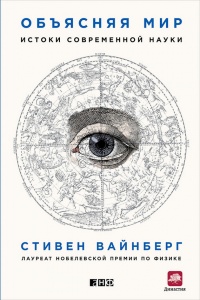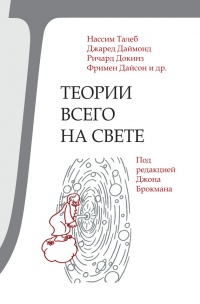Книга Просвещение продолжается. В защиту разума, науки, гуманизма и прогресса - Стивен Пинкер
Читать книгу Просвещение продолжается. В защиту разума, науки, гуманизма и прогресса - Стивен Пинкер полностью.
Шрифт:
-
+
Интервал:
-
+
Закладка:
Сделать
Перейти на страницу:
Перейти на страницу:
Книги схожие с книгой «Просвещение продолжается. В защиту разума, науки, гуманизма и прогресса - Стивен Пинкер» от автора - Стивен Пинкер:
Комментарии и отзывы (0) к книге "Просвещение продолжается. В защиту разума, науки, гуманизма и прогресса - Стивен Пинкер"








